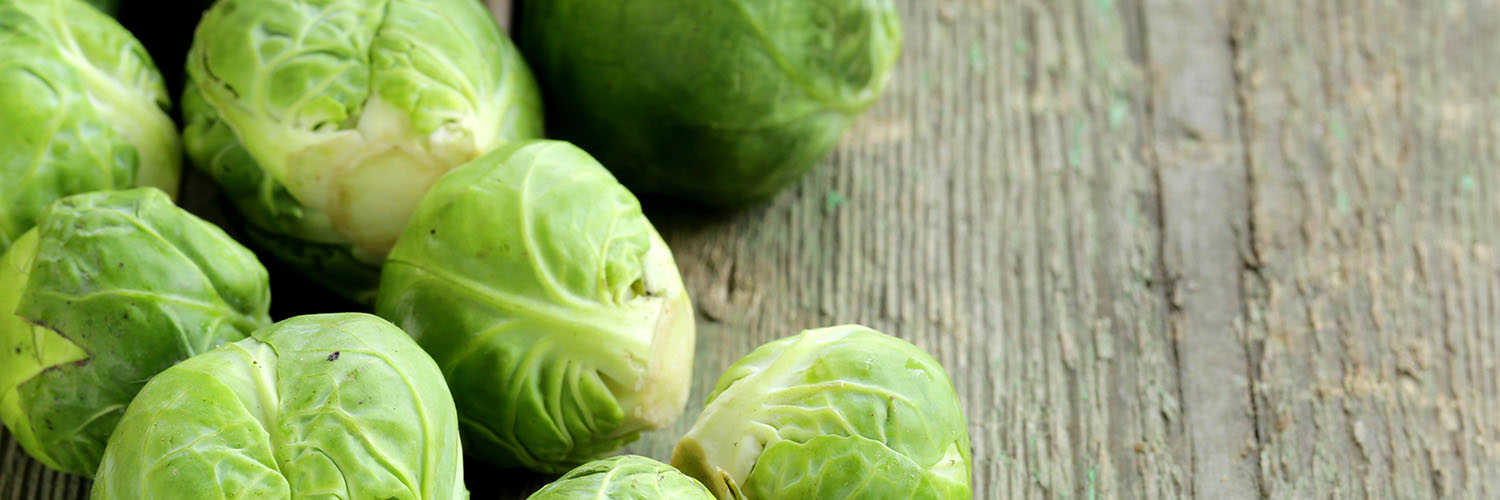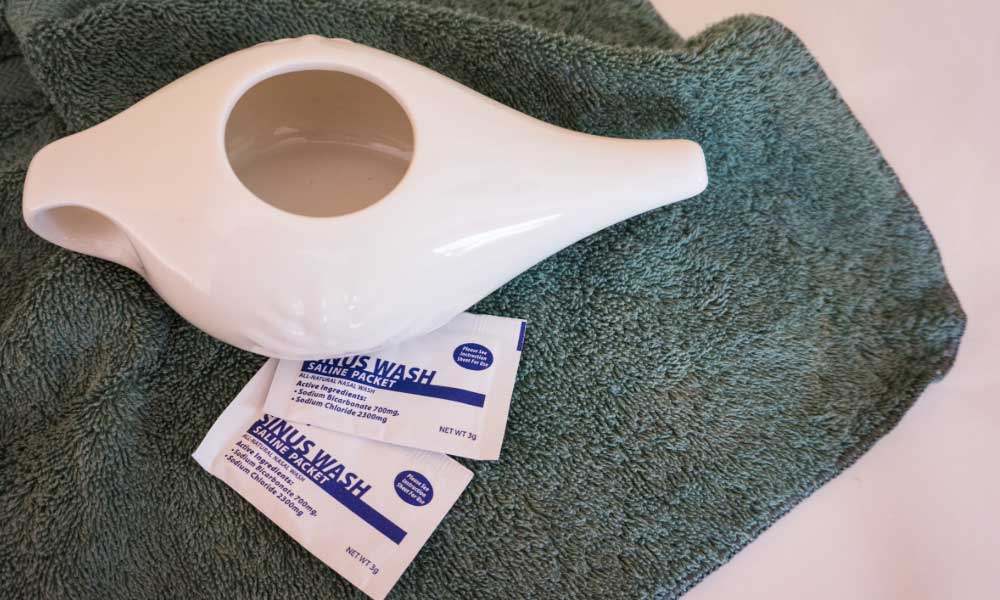
Fun fact: A single Brussels sprouts stalk can yield up to 3 pounds of sprouts.
Brussels sprouts are a member of the Cruciferae or botanical family. This food family includes broccoli, cabbage, cauliflower, collards, kale, radish, rutabaga and turnip.
Brussels sprouts prefer cooler climates and are typically harvested in the fall.
Nutrition
- Brussels sprouts are an excellent source of vitamin C and vitamin K and a good source of folate and fiber.
- Vitamin C aids in collagen and connective tissue formation, wound healing and immune function.
- Vitamin K supports blood clotting and strong bones.
- Folate helps to prevent birth defects and supports red blood cell formation.
- Fiber helps prevent constipation while reducing your risk of heart disease and certain types of cancer.
How to Purchase, Prepare, and Store
-
Purchase Brussels sprouts year round at the grocery store. Find them on the stalk at farmers markets during the fall.
-
Choose Brussels sprouts that are firm, green and of similar size for even cooking. Avoid those with yellow leaves or brown spots.
-
Store unwashed Brussels sprouts in a plastic bag and refrigerator for up to 1 week.
Prepare by washing, then cut off stem and remove outer leaves. -
Steam, boil, roast, sauté or eat raw. Add to your favorite salads, stir fries or casseroles.
Nutrition Facts
1/2 cup cooked Brussels sprouts
- Calories: 28.1
- Protein: 1.99 g
- Fat: 0.39 g
- Carbohydrate: 15.54 g
- Fiber: 2.03 g
- Sugars: 1.36 g
- Calcium: 28.1 mg
- Magnesium: 15.6 mg
- Potassium: 247 mg
- Vitamin C: 48.4 mg
- Folate: 46.8 µg
- Vitamin A: 30.4 IU
- Vitamin K: 109 µg
1/2 cup raw Brussels sprouts
- Calories: 18.9
- Protein: 1.48 g
- Fat: 0.13 g
- Carbohydrate: 3.94 g
- Fiber: 1.67 g
- Sugars: 0.97 g
- Calcium: 18.5 mg
- Magnesium: 10.1 mg
- Potassium: 171 mg
- Vitamin C: 37.4 mg
- Folate: 26.8 µg
- Vitamin A: 16.7 IU
- Vitamin K: 70.9 µg
Source: fdc.nal.usda.gov
Recipes
Request an Appointment
